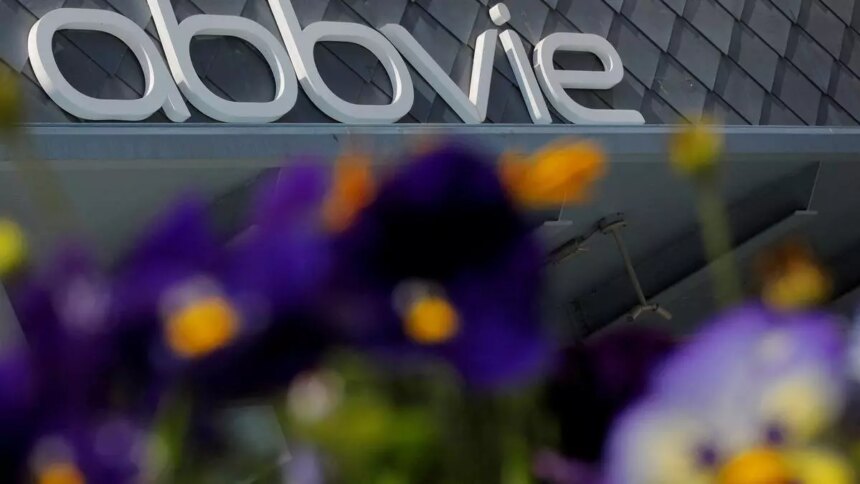The initial ruling under the revised Uniform Code for Pharmaceutical Marketing Practices (UCPMP 2024) has revealed a disagreement between the Department of Pharmaceuticals (DoP) and a pharmaceutical industry association regarding an alleged infringement by Abbvie Healthcare India Private Ltd.
The Apex Committee on Pharma Marketing Practices determined that Abbvie had violated the UCPMP by funding trips to Monaco and Paris for approximately 30 healthcare professionals (HCPs). The Committee reprimanded the multinational company for engaging in unethical marketing practices after reviewing an anonymous complaint and considering Abbvie’s response. The complaint alleged that Abbvie provided travel tickets and accommodations for lavish trips disguised as participation in conferences, specifically the Aesthetics & Anti-Aging Medicine World Congress 2024, held in February and March 2024. The involved doctors were associated with Abbvie’s products, Botox and Juvederm.
The complaint was referred to the ethics committee of the Organisation of Pharmaceutical Producers of India (OPPI), which primarily represents multinational pharmaceutical companies. While OPPI concluded that there were no irregularities in Abbvie’s sponsorship of the 30 HCPs, the findings from the DoP’s Special Audit Committee contradicted this assessment.
Furthermore, the Apex Committee requested the Central Board of Direct Taxes to review Abbvie’s and the 30 HCPs’ tax obligations under the Income Tax Act. It also urged the National Medical Commission to take appropriate actions against the HCPs based on the regulations set forth by the Indian Medical Council regarding professional conduct and ethics. The total expenditure for the HCPs amounted to INR 1,91,24,991 (one crore ninety-one lakh twenty-four thousand nine hundred ninety-one rupees).
OPPI stated that because the UCPMP 2014 did not specifically address interactions between the industry and HCPs in their professional roles, the Medical Council of India Code of 2002 would apply. This code permits doctors to engage with the pharmaceutical and allied healthcare industries in various capacities, including as consultants, researchers, or treating physicians.
The allegations surrounding the two conferences, according to OPPI, fell under the governance of UCPMP 2014 and not the newly enacted UCPMP 2024, which came into effect on March 12, 2024. However, the Order responded by asserting that both the 2014 and 2024 codes share a fundamental principle: they prohibit pharmaceutical companies from providing “Travel and Hospitality” benefits to any healthcare professionals.
Regarding Abbvie’s assertion of having legitimate service agreements with the HCPs, the Order stated, “There seems to be no justifiable reason for 30 healthcare professionals to travel to Monaco and Paris for this purpose, nor can any reasonable individual dismiss the conclusion that such preferential treatment toward HCPs serves to promote Abbvie’s products, irrespective of the agreements’ terms. This arrangement undermines the spirit of both UCPMP 2014 and UCPMP 2024 and compromises the public good that these codes aim to uphold.”










